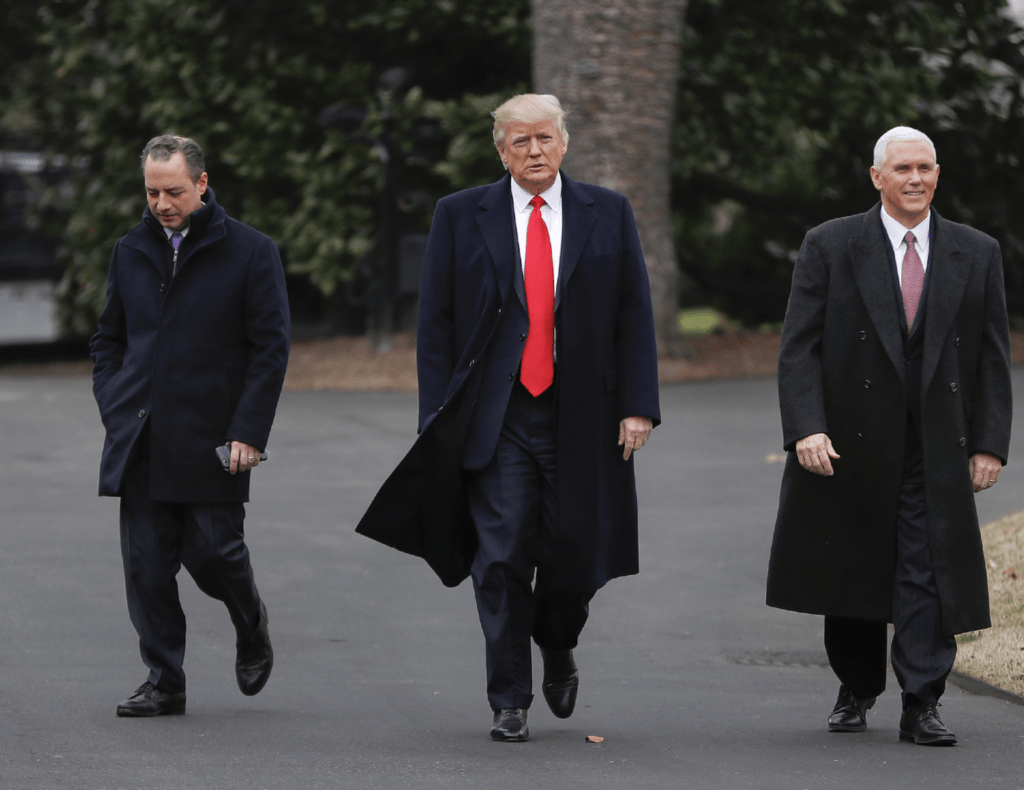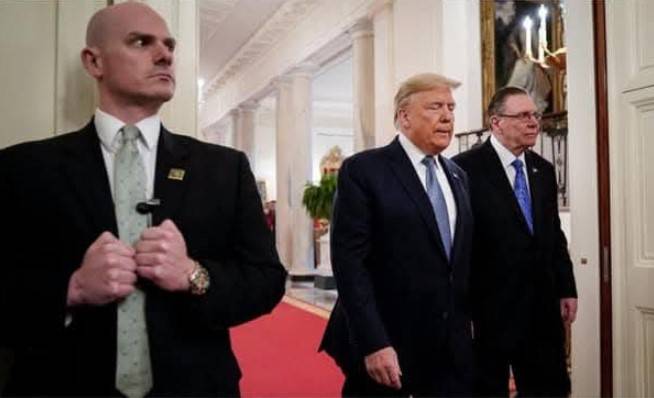Recent reports from political journalist Susan Crabtree on X have sparked concerns about the implementation of President Trump’s executive order aimed at eliminating Diversity, Equity, and Inclusion (DEI) programs within federal agencies. According to Crabtree, sources within the U.S. Secret Service have raised doubts about how quickly and thoroughly the agency’s new leadership, appointed under Trump’s directive, is adhering to the mandate to halt DEI initiatives, particularly in hiring and training priorities.

Internal Resistance to the Policy Shift
Sources within the Secret Service have indicated that some DEI-related practices are still being implemented, despite the administration’s clear directive to dismantle these programs. One of the examples mentioned in Crabtree’s report involves a transgender special agent trainee. This individual, assigned female at birth, transitioned to male but expressed a desire to continue using female physical training standards and preferred to be addressed with feminine pronouns. This request, which aligns with some of the DEI-related accommodations previously in place, has sparked discontent among certain male agents within the agency. Sources suggest that these adjustments contradict the Trump administration’s objective to eliminate DEI programs and have raised concerns about the pace at which Director Sean Curran is enforcing the directive.
As Crabtree highlights, many agents are alarmed that the new leadership is not moving swiftly to comply with the executive order, which mandates that all executive agencies halt DEI hiring and training priorities. Some insiders believe that these continuing accommodations for transgender employees undermine the administration’s goal to create a more streamlined, merit-based system within federal agencies.
An Additional Incident Complicates the Situation
Crabtree also referenced a recent incident that has added to the controversy. A female special agent trainee was reportedly injured during a nighttime training exercise at the Secret Service’s Rowley Training Center. The trainee, who had previously worked as a Uniformed Division officer at the White House, accidentally shot herself in the thigh during the exercise. While the injury was not life-threatening, doctors opted to leave the bullet in her leg to avoid causing further damage. This situation has raised questions regarding the agency’s ability to ensure the safety and readiness of its trainees, particularly in light of the reported accommodation of agents with prior connections to the agency. Some sources described the trainee as a “legacy hire,” meaning she was recruited due to her family’s longstanding ties to the Secret Service. Critics have pointed to this incident as evidence that the Secret Service’s efforts to comply with the Trump administration’s directives are being undermined by a focus on individual accommodations and connections, rather than merit and training standards.
Other Federal Agencies Implementing DEI Changes

While the Secret Service appears to be facing challenges in executing the DEI policy changes, other federal agencies have moved more swiftly to comply with President Trump’s order. The Central Intelligence Agency (CIA), the Federal Bureau of Investigation (FBI), and the National Security Agency (NSA) have all taken steps to align with the new directive. The CIA has confirmed that it has disbanded internal resource groups dedicated to diversity and inclusion, and a spokesperson for the FBI stated that the agency is fully compliant with guidance from the Office of Personnel Management. According to the FBI, diversity is no longer considered a core principle in the bureau’s operations.
The rapid implementation of these changes by other agencies stands in stark contrast to the reported resistance at the Secret Service. This discrepancy raises questions about the consistency and effectiveness of policy enforcement across different federal agencies. While some agencies have already fully embraced the changes, others, like the Secret Service, seem to be struggling with balancing long-established DEI initiatives with the new order.
Political and Public Debate
The rapid push to eliminate DEI programs within federal agencies has sparked a heated debate among politicians, federal employees, and the public. Senate Democrats and other critics argue that removing these programs too quickly could lead to unintended negative consequences, particularly in sensitive areas like law enforcement. They contend that inclusive policies have played a significant role in promoting fairness, accountability, and diversity within these agencies. Some critics fear that dismantling DEI programs without an adequate alternative could harm efforts to build a more inclusive and representative federal workforce.
On the other hand, supporters of the order argue that the elimination of DEI initiatives is essential for improving the efficiency and performance of federal agencies. Proponents contend that prioritizing merit-based hiring and performance accountability over diversity initiatives will lead to a stronger and more effective workforce. They argue that focusing on qualifications and competence rather than demographic factors will help ensure that government agencies function at their highest level, free from perceived inefficiencies associated with DEI programs.
Looking to the Future of Federal Workforce Management
The situation within the Secret Service and other federal agencies highlights a larger, ongoing battle over the role of DEI programs in government. As more agencies work to align with the executive order, questions remain about the long-term effects of these changes. The controversy surrounding the accommodations for transgender employees and the handling of sensitive incidents during training underscore the difficulties of shifting long-established policies and practices within federal agencies.
As the debate over DEI policies continues, the next few months will be critical in determining the ultimate impact of these changes. Will the elimination of DEI programs lead to improved performance and accountability, or will it create further internal discord and dissatisfaction within the federal workforce? The future of federal workforce management depends on how these issues are addressed moving forward.
Whether or not merit-based practices should be the sole focus of federal agencies is an important question. Many argue that the pursuit of diversity and inclusion is not just about making an organization look good on paper; it’s about creating an environment where all individuals have an equal opportunity to succeed, and where diverse perspectives lead to better decision-making and outcomes. At the same time, others believe that focusing solely on diversity can sometimes compromise the fundamental goal of hiring the most qualified individuals for the job. The balance between inclusivity and merit remains a difficult challenge, but it is clear that the direction taken in the coming months will shape the future of federal workforce culture and effectiveness.
The debate is far from over, and it will take time to assess whether the changes lead to a more effective, diverse, and accountable federal workforce or whether they contribute to a deeper divide between different factions within government agencies. For now, the nation watches closely as these policies unfold.